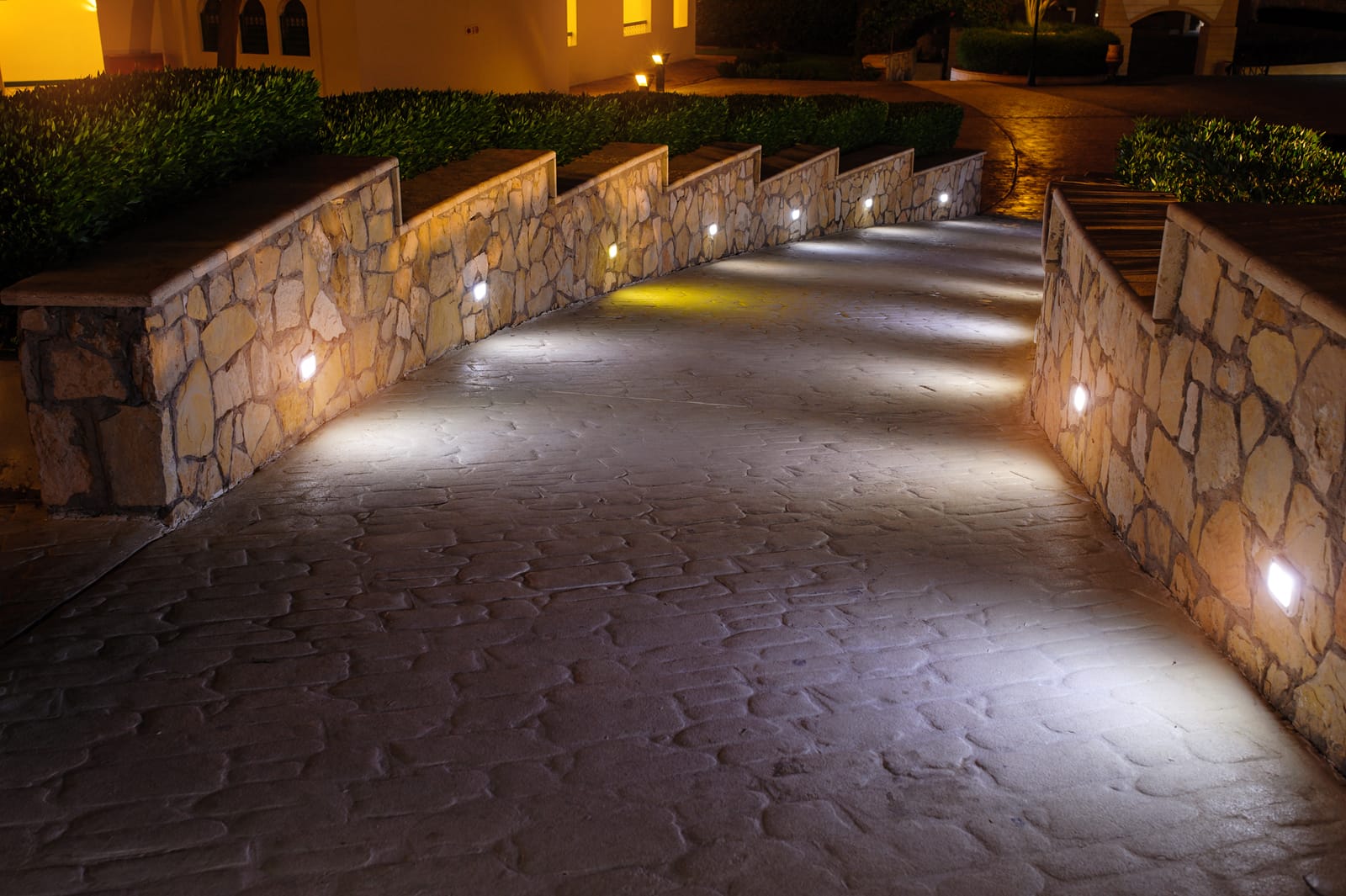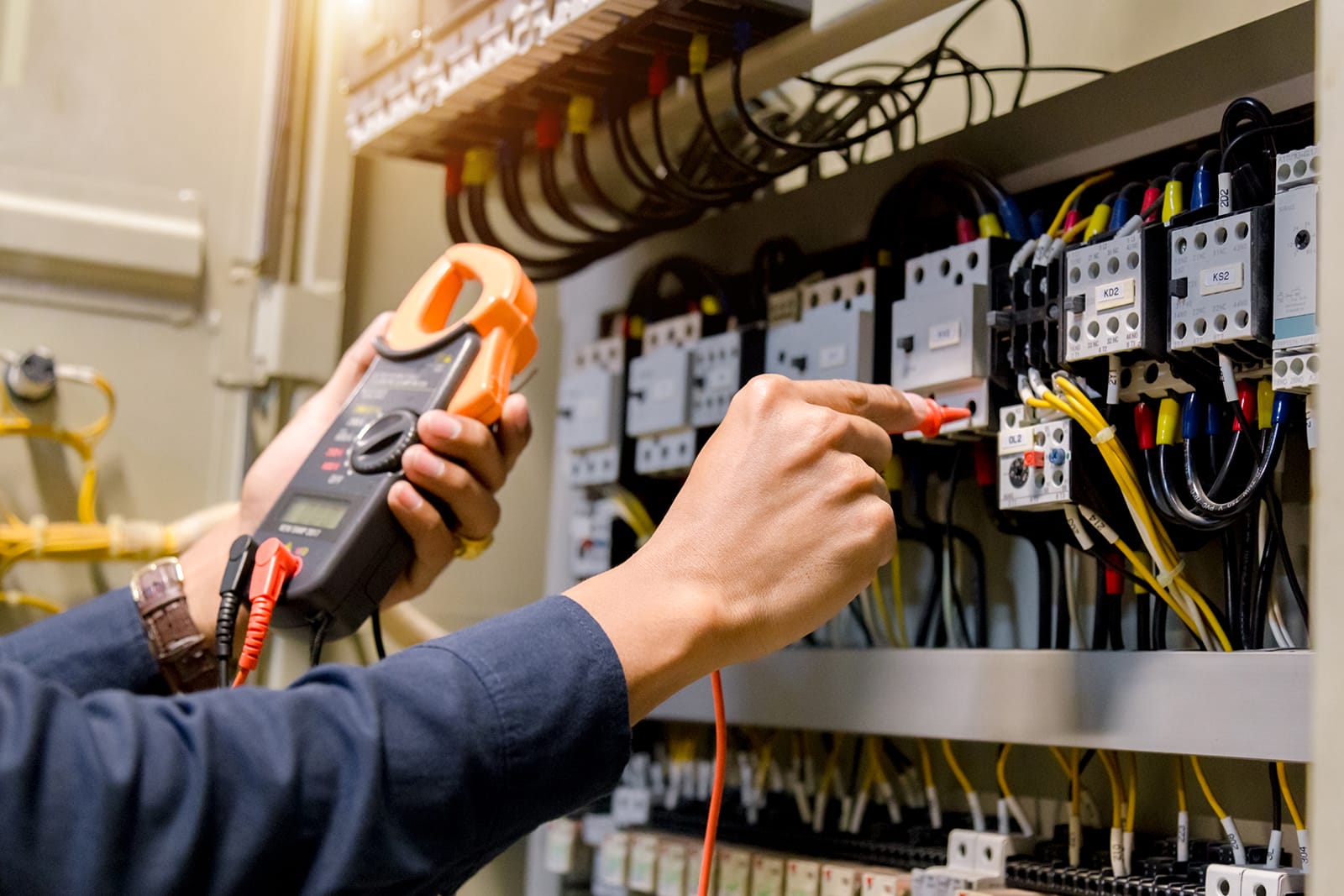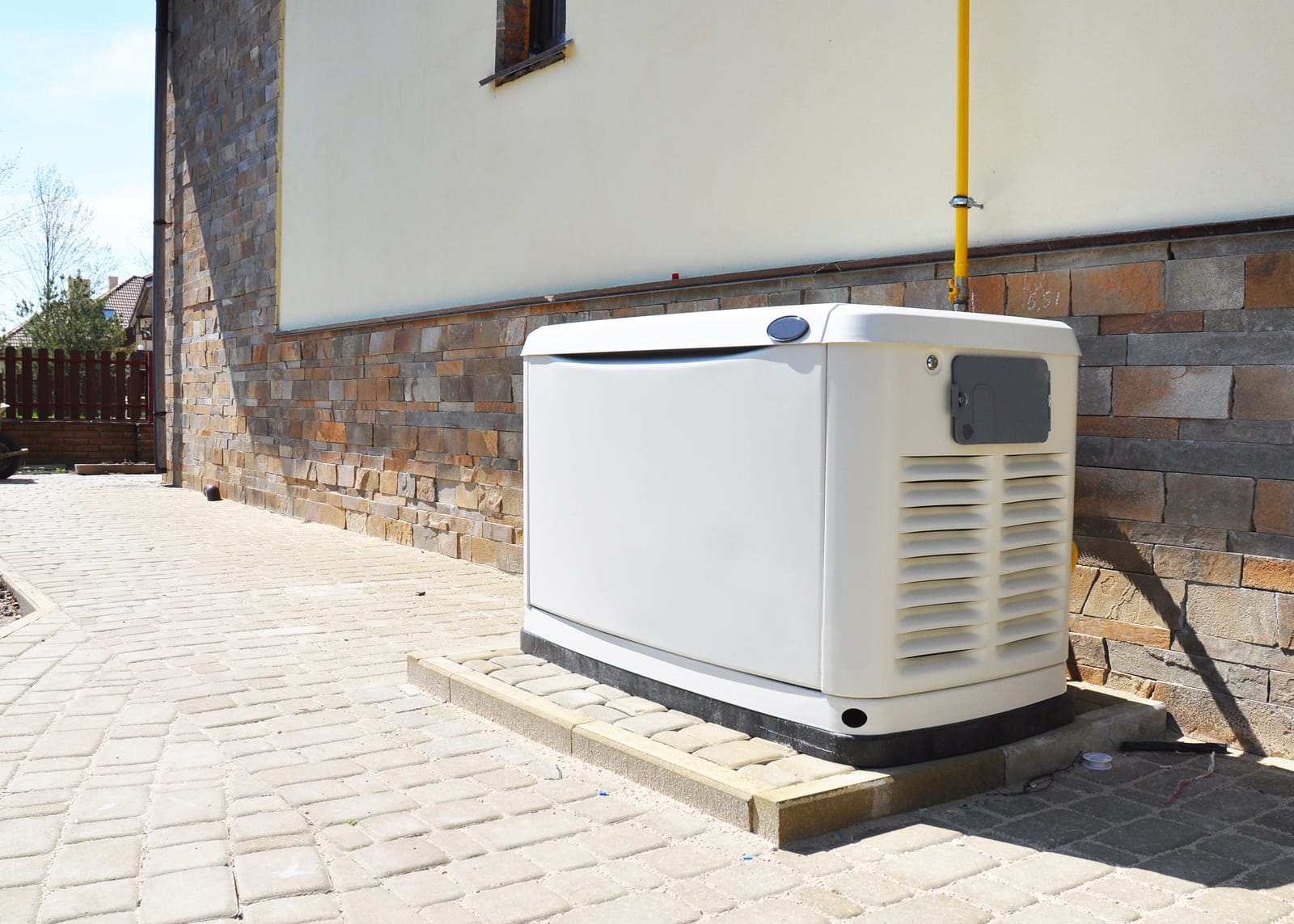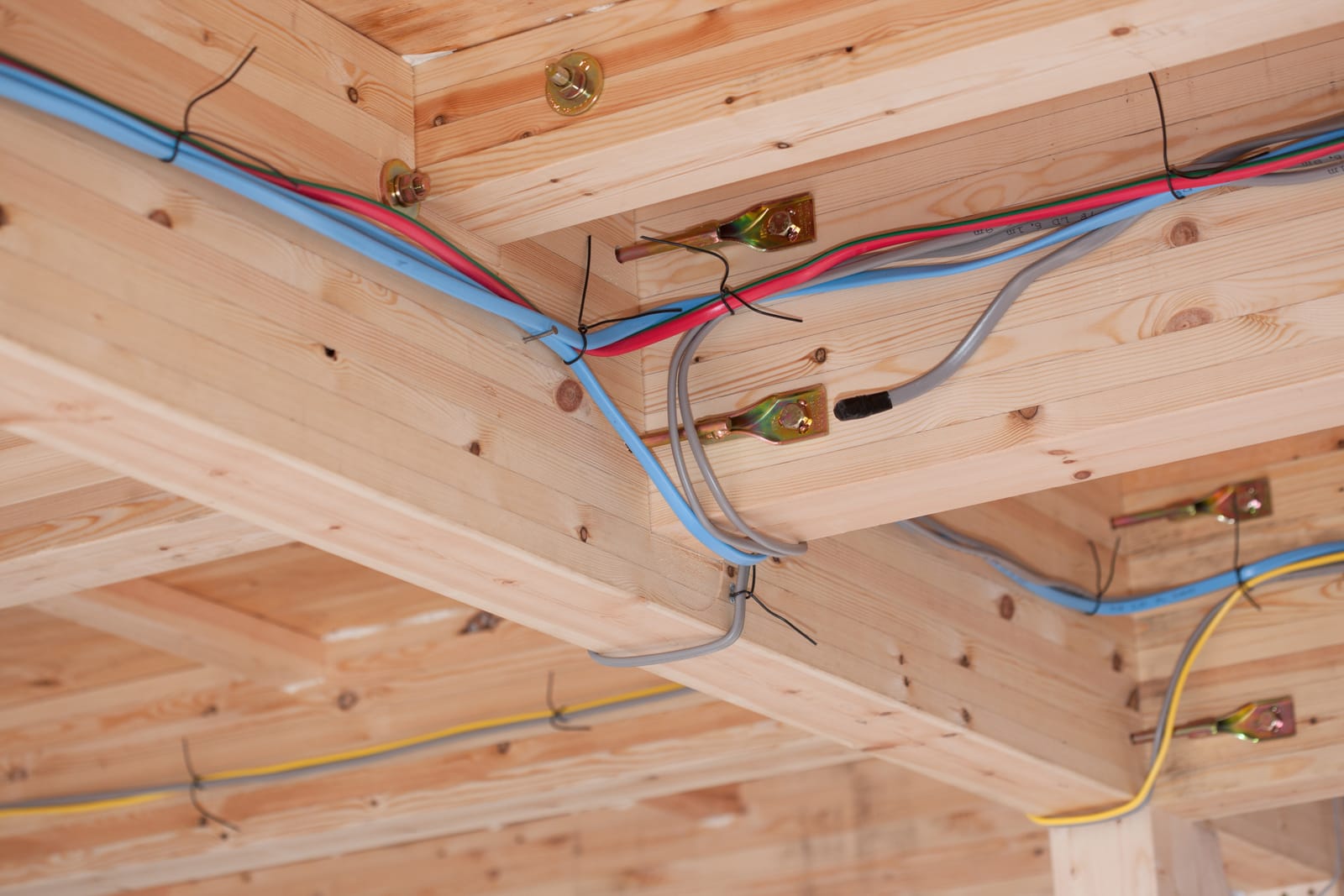

In your quest for a certified electrician in Apopka to modernize your old wiring systems, upgrade electrical panels, and tackle safety issues, look no further than Joe's Electrical Service & Repair, LLC.
We're not just electricians; we're Master Electricians, boasting years of unmatched experience that we bring to each job site, prioritizing the safety of you and your loved ones. Our extensive knowledge equips us to manage comprehensive electrical services and repairs, including electrical panel swaps, circuit breaker updates, complete house rewiring, electrical retrofitting, home generator setups, exterior lighting fixtures, and full-scale lighting enhancements!

Opt for our professional electrical services, where seasoned expertise converges with top-tier quality, guaranteeing secure and dependable solutions for your residential or commercial needs.

Transform the overall atmosphere of your home with fresh lighting. We specialize in setting up indoor and outdoor lighting, adding a touch of sophistication and practicality to your living space.

With a dependable auxiliary power supply, you can ensure the continued operation of crucial medical devices and home appliances, preserving a cozy living condition even during power outages.
We foster strong bonds with our clients. With over four decades of unwavering commitment to the electrical service sector, we've accumulated abundant expertise and experience. The most priceless insight we've acquired throughout our path is that prioritizing the customer's requirements is the cornerstone of a thriving business.
At Joe's Electrical Service & Repair, LLC, this philosophy is not merely a slogan; it's our beacon. Our paramount goal is to fulfill your anticipations and persistently surpass them, leaving behind a lineage of thrilled customers. Have a look at our 5-star reviews!

We are at the forefront of providing electrical repairs and upgrades in Lake, Sumter, Orange, and Marion counties. As a licensed and insured entity, we've earned the esteemed title of Master Electrician, allowing us to offer top-notch electrical services. Our comprehensive insurance caters to both our protection and yours. With over four decades of unparalleled experience in the electrical industry, our seasoned team has tackled all sorts of scenarios. This vast experience enables us to handle every electrical project with utmost precision, guaranteeing perfect results each time. At Joe's Electrical Service & Repair, LLC, we assure quality and experience and a friendly professional team, standing behind our work with a 1-year workmanship warranty. We believe in building strong customer relationships based on honesty and transparency. To this end, there are no hidden charges as everything is discussed upfront, and we start every project with a free-of-cost estimate!
Several unusual signs may indicate a need for an electrician's expertise. If you notice any of the following, it's time to give us a call:
Flickering or dimming lights could mean a loose electrical connection or overloading your home's electrical system.
Frequently tripping circuit breakers: While it's normal for a breaker to trip occasionally, frequent trips can indicate a severe problem with your wiring or devices.
Overheating outlets or switches: If an outlet or switch feels warm to the touch or shows discoloration, this is a sign of a potential electrical issue that needs immediate attention.
Persistent electrical shocks: Even small shocks from appliances or outlets indicate a grounding issue and warrant an electrician's intervention.
A burning smell or sparks are severe signs of an electrical hazard. If you notice a burning smell or see sparks from an outlet, switch off your power and call an electrician immediately.
Unusually high electric bills: A sudden spike in your electricity bill could suggest a problem with your electrical system.
Old or outdated wiring: If your home is older and hasn't had an electrical update in decades, it's wise to have an electrician inspect it for safety.
Remember, it's always better to be safe than sorry when it comes to electricity. If you're unsure about a potential issue, don't hesitate to contact a professional.
A home generator is akin to having your power station ready to act when needed. Here are some of the unique benefits:
Uninterrupted Power Supply: Whether it's a stormy night or an unexpected blackout, a home generator ensures that your lights stay on, your food stays fresh, and your devices stay charged
Safety and Comfort: In extreme weather, a generator can power your heating or cooling system, ensuring your home remains a safe and comfortable haven.
Prevents Damage: A generator can prevent flooding and related damages by keeping your sump pump running during power outages.
Maintains Daily Routine: From powering your coffee maker in the morning to your dishwasher at night, a generator helps keep your daily routine uninterrupted.
Increases Home Value: A home generator is a valuable addition to your property and can increase its resale value.
Supports Work-from-Home Needs: With the rise in remote working, a reliable power source is crucial for maintaining productivity.
Peace of Mind: Perhaps the most significant benefit is knowing you're prepared for power outages.
Remember, a professional must install your generator to ensure it's safe and ready for use when needed.
Outdoor lighting is specifically designed to brave the elements. They are crafted with robust materials and protective features to handle various weather conditions, from scorching heat to cold, from gentle drizzles to heavy downpours. However, you must ensure that your outdoor lights are appropriately rated for their intended use.
For instance, lights with an IP (Ingress Protection) rating are tested for their resistance to dust and water. A higher IP rating means better protection. So, if you live in an area prone to heavy rain or snow, opt for lights with a high IP rating.
Also, consider fixtures made from weather-resistant materials like stainless steel, brass, or copper, which can resist rust and corrosion. Remember, while outdoor lights are designed to withstand harsh weather, regular maintenance and proper installation can further enhance their durability and longevity.
The energy cost of outdoor lighting can vary greatly, depending on several factors:
Type of Light Bulb: The bulb you choose significantly affects energy consumption. LED lights, for instance, use substantially less energy than traditional incandescent or halogen bulbs.
Wattage: The wattage of the bulb also influences the energy cost. Higher wattage means higher energy consumption.
Usage: How often and long you keep your outdoor lights on will directly impact your energy bill.
Lighting Control: Using timers, motion sensors, or intelligent lighting systems that allow you to control your lights remotely can help reduce unnecessary usage and save energy.
For example, let's consider an LED bulb with a wattage of 10W that is used for 5 hours every night. If electricity costs approximately $0.12 per kilowatt-hour (kWh), the yearly fee would be around $2.20.
Remember, this is just an example. Real-world costs vary based on local electricity rates, lighting setup, and usage habits.
Investing in energy-efficient bulbs and intelligent control systems can help reduce the energy cost of outdoor lighting without compromising on illumination or security.
Electrical outlet installation involves several steps and considerations, requiring a blend of knowledge of electrical systems, safety protocols, and often local building codes. Here's a general rundown of what the process might look like:
Planning involves deciding where the new outlet should go, ensuring it's a practical and safe location. The type of outlet (standard, GFCI, AFCI, etc.) also needs to be determined.
Power Off: Before starting any electrical work, turning off the power at the circuit breaker is crucial to ensure safety.
Running Cable: An electric cable is run from the electrical panel (or another outlet if it's an extension) to the new outlet location. This step may involve drilling holes through walls or threading cable through conduits, depending on the setup of your home.
Mounting the Box: An electrical box is mounted into the wall at the outlet location, which will house the outlet and wiring connections.
Wiring the Outlet: The electric cable is then connected to the outlet. This involves attaching the hot (usually black), neutral (usually white), and ground (typically green or bare) wires to the correct terminals on the outlet.
Securing the Outlet: The outlet is screwed into the electrical box, and a cover plate is attached.
Testing: Once the power is turned back on, the new outlet should be tested with a voltage tester to ensure it's working correctly and safely.
While these steps provide a general overview, electrical work can be dangerous and complicated. Hiring a licensed electrician for such tasks is often recommended to ensure the job is done safely and up to code.
Apopka FL 32712
Mon - Fri 8am- 5pm